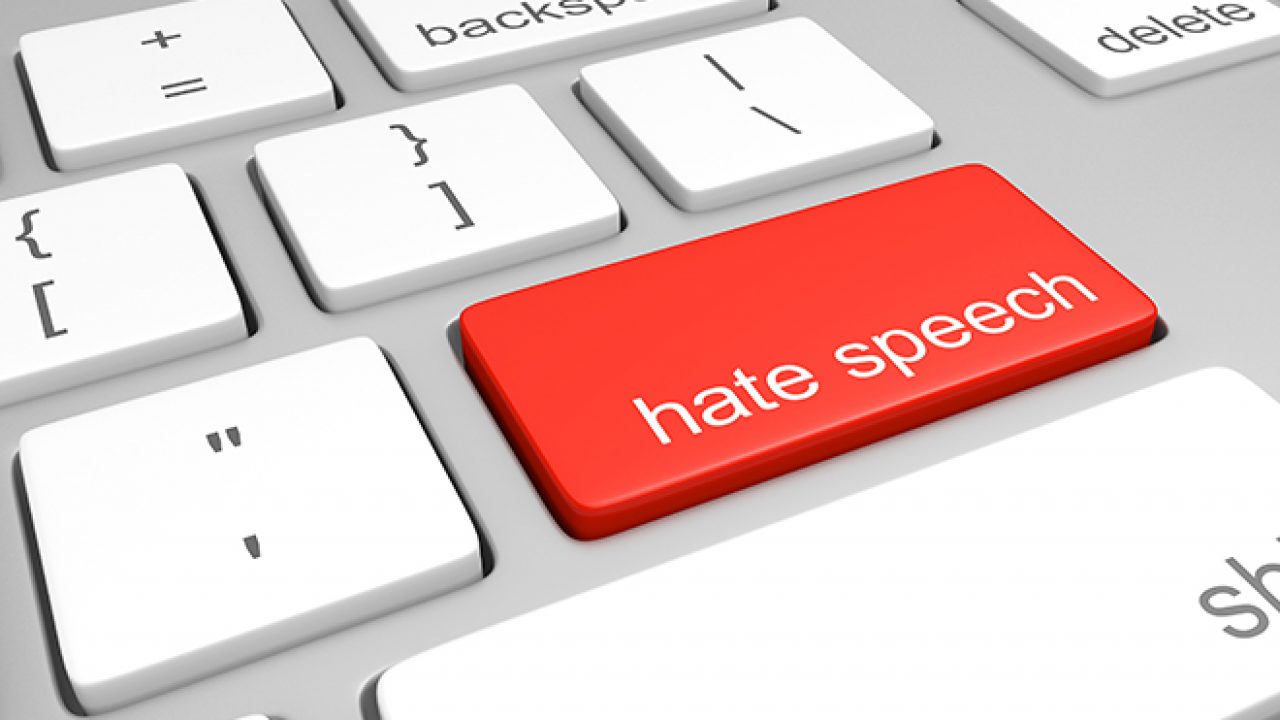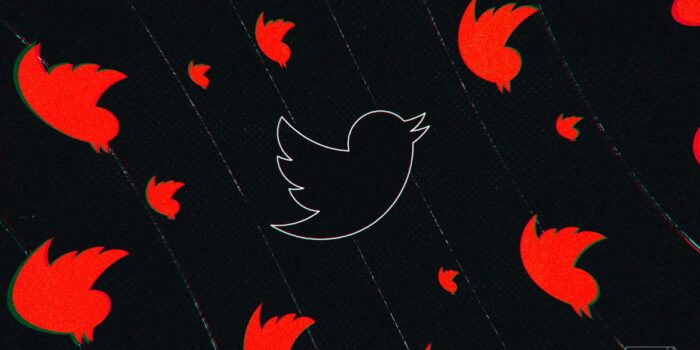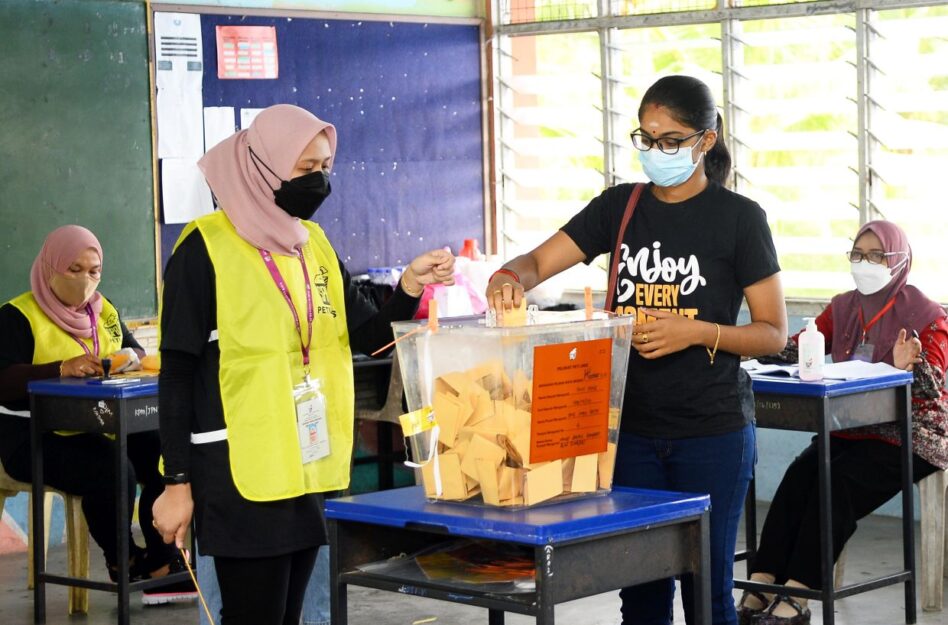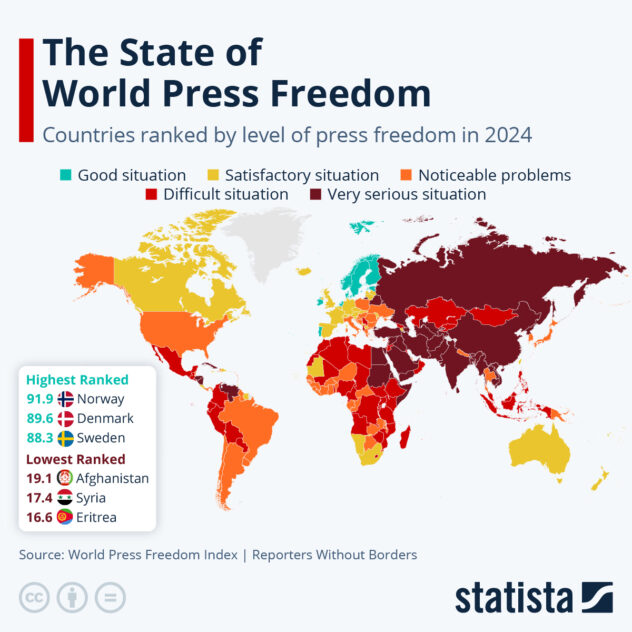HATE speech, in many ways, can be equated to poison or a dangerous drug, with far-reaching effects. It can incite violence, cause disharmony and impact individuals physiologically and emotionally.
To exacerbate the situation, effects of hate speech are amplified today, with technological advancements, enabling this poison to spread within a few clicks.
In fact, the rise of hate speech online has prompted the UN General Assembly to highlight global concerns over the exponential spread in July 2021, where it also adopted a resolution to promote tolerance.
As a result, June 18 has been proclaimed to be the International Day for Countering Hate Speech and this was acknowledged and observed for the first time ever this year.
In Malaysia where people of many cultures and races live together, it is more crucial than ever that hate speech is kept in check so that harmony and peace in the country can be preserved.
In conjunction with the first ever International Day for Countering Hate Speech, the Content Forum and The Centre, a think tank driven by research and advocacy of progressive and pragmatic policy ideas, have joined hands to raise awareness about the importance of self-regulation and countering hate speech effectively in the country.
This move is also in line with the Malaysian Communications and Multimedia Content Code (Content Code), a set of guidelines by the Content Forum which outlines the best practices and ethical standards for content creation and consumption.
In the Content Code, hate speech refers to any portrayal of words, speech or pictures that aims to defame, denigrate or otherwise devalue a person or group on the basis of race, ethnicity, religion, nationality, gender, sexual orientation or disability.
Any form of content portraying that is considered hate speech is prohibited.
“Today, anyone and everyone can be keyboard warriors on social media platforms. Whether it be the older generation battling it over WhatsApp or younger people blasting each other on Twitter, people can often get riled up over the simplest things and allow their anger to manifest and spread,” commented Content Forum executive director Mediha Mahmood.
“Social media phenomenon like ‘cancel culture’ and ‘hate clicks’ make things worse because it cultivates a habit of constant outrage.
“Together with The Centre, we hope to not only raise awareness, but encourage more people to practice self-regulation while creating content and in their digital interactions.”
Her concerns are warranted, as the data speaks for itself.
Based on data collected by The Centre with the help of its Artificial Intelligence (AI) prototype called #TrackerBenci, the number of hateful tweets has been on the rise for the past three months.
In March, #TrackerBenci recorded 2,740 tweets identified as hateful and this figure rose to 3,088 in April and went down slightly to 3,004 in May. Also, 34% of the terms and/or phrases recorded by the tracker system have been identified as potentially hateful.
The data was captured solely on Twitter, where the #TrackerBenci was programmed to identify the number of hateful tweets by the week.
According to The Centre chief executive officer Dr Khairil Izamin Ahmad, creating awareness about the dangers of hate speech is an essential step towards countering hate speech effectively.
“Through #TrackerBenci, we have developed a resource centre through which members of the public can learn about current online hate speech trends in Malaysia,” he remarked.
“It forms part of our effort to initiate a holistic societal response to better address hate speech in the country, from the policymaking to the grassroots levels.”
When in doubt, The Centre’s website also has a Benci Calculator that allows content creators to type in a phrase to check if it is potentially hateful or not.
Working from the same principles as #TrackerBenci, the calculator has been programmed to gauge if the phrases are hateful and also tries to pinpoint the type of hateful speech keyed in. This useful tool can both help educate and stop the spread of hate speech.
The Content Forum also encourages social media users to practice self-regulation by being aware of each social media platforms’ community guidelines and use the features available to keep their digital experience safe and positive, including block, unfollow, mute and report. – June 21, 2022











